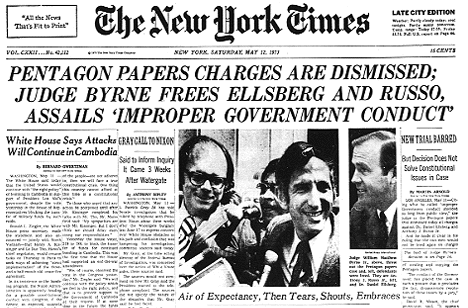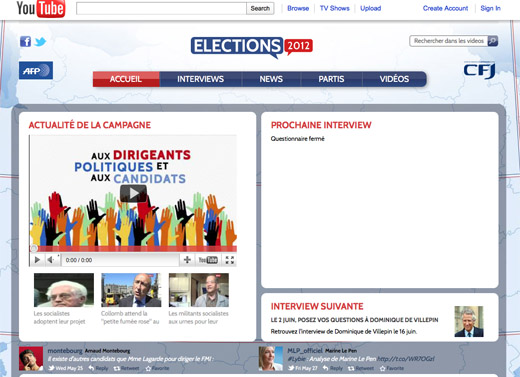Nick Broomfield, the filmmaker who has profiled such easy-going and likable characters as Eugene Terre’Blanche and Aileen Wuornos, is in the closing stages of a new film about Sarah Palin, according to a report from the Independent today.
Broomfield has reportedly secured interviews with Palin’s parents and former aides.
Broomfield turned to the former Republican vice-presidential candidate after lack of access forced him to abandon a planned Amy Winehouse documentary. The Palin film has “been a struggle because she has been difficult”, Broomfield revealed. “Making her evangelism intelligible and interesting was difficult. All that you’re trying to do is tell a story as simply as possible, putting together a cohesive piece that will entertain.”
At the same time another portrayal of Palin is in the works, likely to be altogether more sympathetic that Broomfield’s. Tea party activist Stephen Bannon is preparing a film called The Undefeated for released, based largely on interviews with Palin supporters.
Palin is currently having 24,199 pages of her work emails being pored over by press and public after they were released last week under freedom of information legislation.
Read the full Independent piece at this link.
Image by david_shankbone on Flickr. Some rights reserved





